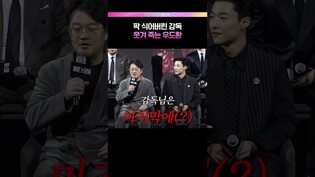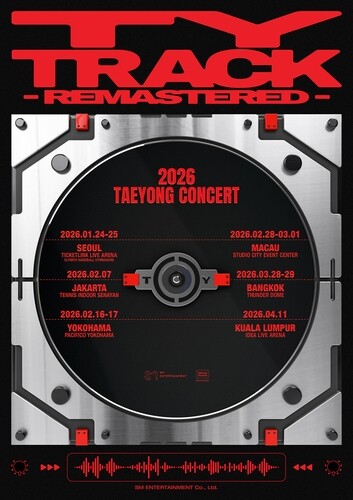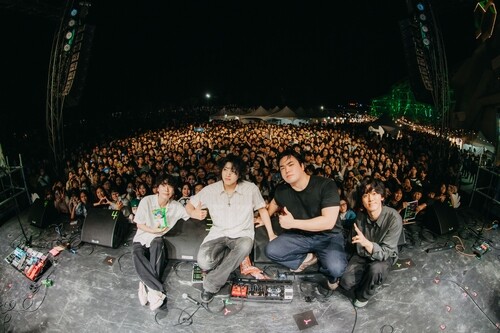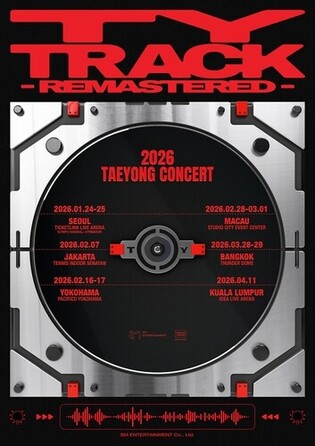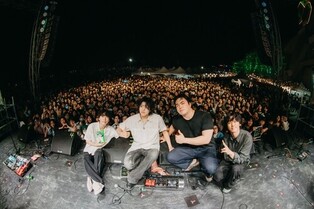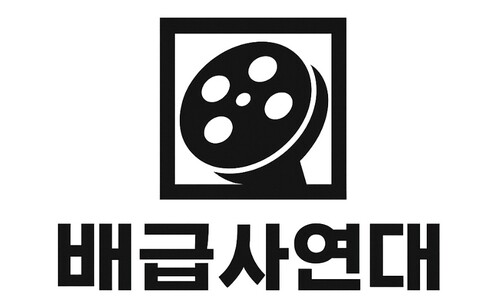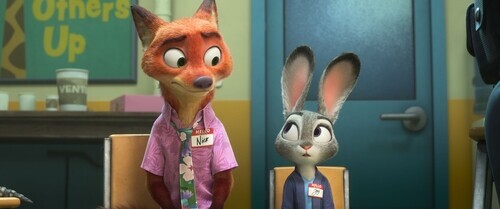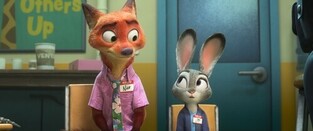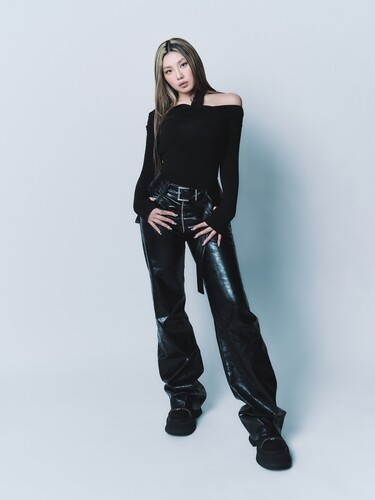 |
| ▲ This image of South Korean choreographer Lee Jung is provided by The Black Label. (PHOTO NOT FOR SALE) (Yonhap) |
SEOUL, July 25 (Yonhap) -- “If you ask me how I create choreography, there’s not much to explain. Sometimes a mega hit comes from something that pops into your head instantly. The moment I heard ‘Soda Pop,’ shoulder moves just came to mind.”
So said choreographer Lee Jung, speaking about her role in the choreography behind the viral soundtrack of this summer’s animated sensation “K-Pop Demon Hunters.”
The global popularity of the film has been bolstered by its fictional K-pop groups, Huntrix and LionBoyz. The groups’ respective tracks, “How It’s Done” and “Soda Pop,” broke into the upper ranks of the Billboard Hot 100 chart, with top stars including Cha Eun-woo, ZEROBASEONE, PLAVE, and RIIZE participating in the “Soda Pop” dance challenge.
In a group interview held in Seoul’s Yongsan District on Thursday, Lee Jung, who choreographed both songs, said, “I didn’t even recognize it as a shoulder dance at first. I just thought, ‘This rhythm needs this type of movement.’ I’m grateful that so many people followed along.”
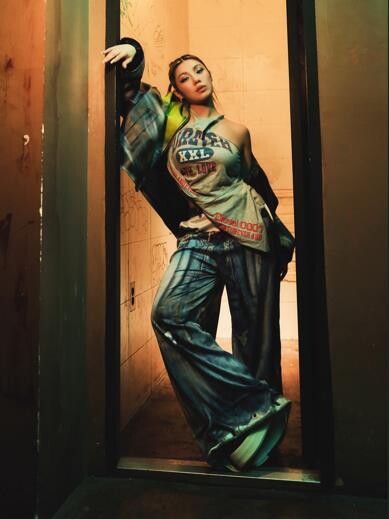 |
| ▲ This image of South Korean choreographer Lee Jung is provided by The Black Label. (PHOTO NOT FOR SALE) (Yonhap) |
Lee, signed to The Black Label, has been involved in the film’s choreography since its early planning stages three years ago. The production team, familiar with her breakout appearance on dance competition show “Street Woman Fighter,” tapped her for the choreography of Huntrix and LionBoyz.
“I thought that if The Black Label producers were creating the soundtrack, the music quality was guaranteed,” she recalled. “It’s been my dream to dance to that kind of music. When they showed me the sketch for ‘How It’s Done’ and introduced the Huntrix members one by one, they said, ‘These characters have no physical limits—do whatever you want.’ I was so moved.”
Despite the challenges of repeated motion-capture sessions, Lee said the process was nothing but joyful. “I usually get tired after doing choreography twice, but since Huntrix has no physical limitations, I had so much fun creating, planning, and doing motion capture. I didn’t base the choreography on any particular K-pop idol. Good music is my biggest inspiration, and this time I really got to realize my dream.”
Lee personally performed the motion capture for key characters Rumi of Huntrix and Jinwoo of LionBoyz. Motion capture records a human performer’s physical movements as digital data to animate virtual characters.
Asked whether she anticipated the film’s massive success, she responded, “I did. I believe that sincerity resonates in the arts. I poured everything I had into making the choreography.”
Lee is known for choreographing hit songs for top-tier K-pop acts including TWICE, BLACKPINK, iKON, ENHYPEN, and NCT DREAM. Even for her, the global reaction to “K-Pop Demon Hunters” has been a fresh inspiration.
“It feels like a dream. I want to believe it’s a miracle,” she said. “I’ve always been able to create choreography, but having people know who created the moves—it’s surreal. Before ‘Street Woman Fighter,’ I had big dreams and ambitions, but I never imagined this level of growth.”
She picked ASTRO’s Cha Eun-woo’s rendition of the “Soda Pop” challenge as the best version, noting, “Jinwoo was reportedly modeled after him, and when I saw him dance, it felt exactly like how Jinwoo would move. It was as if Jinwoo had come to life.”
When asked whether good looks are essential for good dance, she replied with a laugh, “Facial expressions are part of dancing, but looks themselves are not. Of course, it’s nice to be pretty or handsome.”
Lee recently competed as a member of “Beomjeop,” Korea’s representative team on the international dance competition show “World of Street Woman Fighter,” which concluded on July 22. Although the team was eliminated in the semifinals, she expressed no regrets.
“I gave my all in every moment, so I have no regrets. I humbly accepted not making the finals. More than rankings, it was a meaningful opportunity for personal growth.”
She added, “The competition is over, but I’ll continue working to represent Korea as a dancer. Wherever dance leads me, I want to go there.”
On the issue of dance copyright, now a hot topic in the K-pop industry, Lee stated, “It’s a right every creator should have. It’s a long-term task we need to pursue together—seniors, peers, and juniors alike.”
She expressed pride in how society’s view of dancers has evolved.
“Just the fact that ‘dancer’ is now a searchable profession on Naver shows how far our culture has come. People now want to know who made the choreography behind a great performance, and they’re curious about the original versions. I believe we’re now in an era that can protect creators’ rights.”
(C) Yonhap News Agency. All Rights Reserved


















![[풀영상] 디즈니+ '메이드 인 코리아' 제작발표회|현빈 Hyunbin·정우성 Jung Woosung·우도환·서은수·원지안·정성일·강길우·노재원·박용우|Made In Korea](/news/data/20251215/p179554206856695_165_h.jpg)
